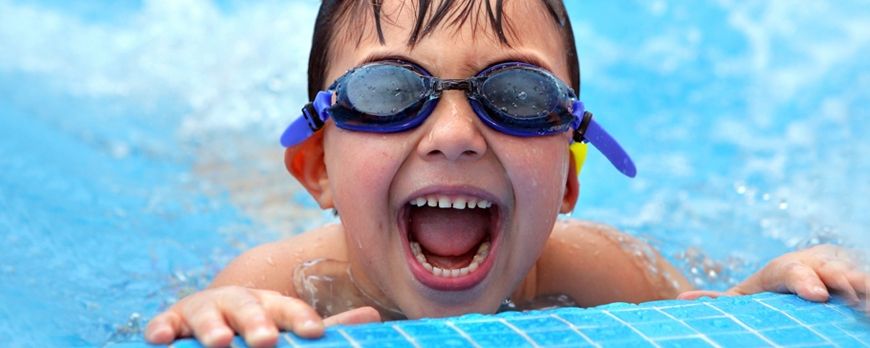

Analysis cookies are used to carry out anonymous analysis of user behavior on the website and allow measuring user activity and creating Browse profiles to improve websites.
|
Name |
Owner |
Data collected |
Purpose |
Duration |
|
_ga |
First-party cookie |
Visitor sessions. |
Analytics. |
2 years. |
|
_gid |
First-party cookie |
Visitor sessions. |
Analytics. |
1 day. |
|
_ga_ML8VHE2LCY |
First-party cookie |
Visitor sessions. |
Analytics. |
1 day. |
|
_gat_gtag_UA_[ID] |
First-party cookie |
Visitor sessions. |
Analytics. |
1 minute. |
Advertising cookies allow for the management of the website's advertising spaces. Furthermore, these cookies can be for personalized advertising, thus enabling the management of the website's advertising spaces based on the user's behavior and Browse habits. This is how their profile is obtained, allowing for the personalization of the advertising shown in the user's browser or on the user's other profiles and social networks.
|
Name |
Holder |
Data Collected |
Purpose |
Duration |
|
IDE |
Third-party cookie (doubleclick.net) |
Preferences, links, conversions, and interactions with advertisements. |
Advertising |
1 year. |
|
_fbp |
|
It is used to store and track website visits. | Advertising |
3 months |
Technical cookies are those that facilitate the user's navigation and the use of the different options or services offered by the web, such as identifying the session, allowing access to certain areas, facilitating orders, purchases, filling in forms, registrations, security, facilitating functionalities. (videos, social networks ...).
Personalized cookies allow the user to access the services according to their preferences (language, browser, configuration…).
|
Name |
Owner |
Collected Data |
Purpose |
Duration |
|
validacio_cookies |
Own cookie |
Management of cookies acceptance. |
Technique. |
1 year. |
|
(Aleatorio) |
Own cookie |
Visitor session management.. |
Technique. |
At the end of the session in the browser. |